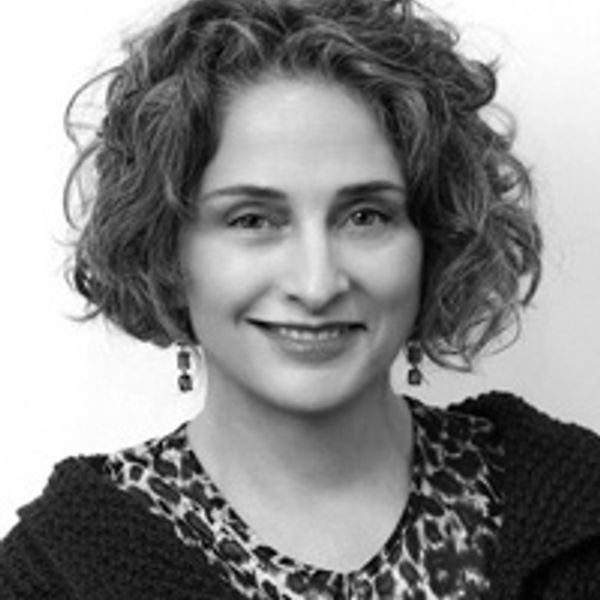Malak Mattar, Finding Peace (detail), 2020, oil on canvas
The Space Between the Words—Poets Writing Plays
Dear Poet,
I hear you want to write a play. You’re in luck. If you were a novelist, I’d tell you to forget it. In my years of reading plays for theaters, including those as Director of New Play Development at Magic Theatre, I have never read a play by a novelist I thought made good theater. I did read some mediocre plays by some of the country’s most famous novelists. (You can prove me wrong: be Chekhov. But remember: he didn’t write novels.)
Tony Hoagland was the inspiration for my thinking about poets writing plays. After a long and famous career as a poet and essayist, he says he wants to write plays. He and novelist (sorry) Robert Boswell see all the theater they can—in Houston, New York wherever they travel. I started thinking about what advice I would give Tony—theater being the only area in which I could give him advice. The fact that he is pretty much a genius when it comes to thinking about poetry became a challenge for me: what could I tell someone so savvy and so brilliant about words and syntax about an actor’s lines on a page? Here’s what I am telling him.
Plays are not about words but the space between the words. Poets understand that space. A poet’s words point to what remains unsaid, and poems, like plays, resound with subtext—cannot in fact, succeed at a high level without it. And so it is with theater.
But everything in a poem, including what’s not in it, must spill from the words and the space between the words. A script needs action to complete itself. If all meaning is contained in words, the play doesn’t work. In fact, it’s boring—and the audience will be well ahead of the play—never where you want it to be. The difference between the text of a play and a playable script is 1) action and 2) space for collaboration among multiple artists, including those in words, light and sound.
The playwright leaves room for the actor to invent.
“Will these hands ne’er be clean?” does not come with stage directions for the actor to stick her hands under a faucet. The playwright suggests or opens possibilities for action: what does an actor do while she’s speaking the lines? What does she do while she’s silent? While someone else is speaking? The playwright can note gesture, but the actor adds dimension and character to such description or else the action on stage is formulaic.
Way back, when I worked in advertising, the first thing I learned is that the art is not an illustration of the copy. Copy and art together create the concept. So it is in theater—with more dimensions and exponentially more complicated.
The playwright specifies the setting for the play: time and place. Perhaps she elaborates. Tennessee Williams, for example, wrote gorgeous prose within the play text specifying scenic elements. But even in a Williams play, a director invents and interprets how that time and place are materially realized.
Although we poets love our work to be read out loud, a poem must on the page suggest everything about the voice the poet wants the reader to know, because there won’t be any actor to embody character. Even in Shakespeare, where poetry is play text, the actor doesn’t simply read or declaim the text, but interprets and expresses text as character. Character manifests itself in costume, lighting, action—and in what my friend, the director Jeff Zinn, calls “shape”: the way an actor walks, physical habits and tics he exhibits, the way his mouth moves, the way he holds his head and hands, how close he approaches other characters—whether, in fact, he acknowledges other characters. For people who don’t have experience working with actors, know this: actors are the most underestimated element of writing drama by those who have not yet written it. The actor is to theater what words are to the poem. There can be a play without words but there cannot be a play without an actor (or puppet or actor stand-in). Many actors, in fact, make terrific playwrights. Sam Shepherd, Zayd Dohrn, Beckett, Ben Johnson, Shakespeare, Anna Deveare Smith, Emma Thompson—all were or are actors.
To poets who want to write plays, I say: forget the playwriting workshop. Tony and Boz, take a class in improv.

Jayne Benjulian
Jayne Benjulian’s poems have appeared in Barrow Street, AGNI, Poet Lore, Women’s Review of Books, Nimrod International, and elsewhere; her essays, in HowlRound and The California Journal of Women Writers. She holds an MFA from the Warren Wilson Program for Writers. (updated 5/2015)
